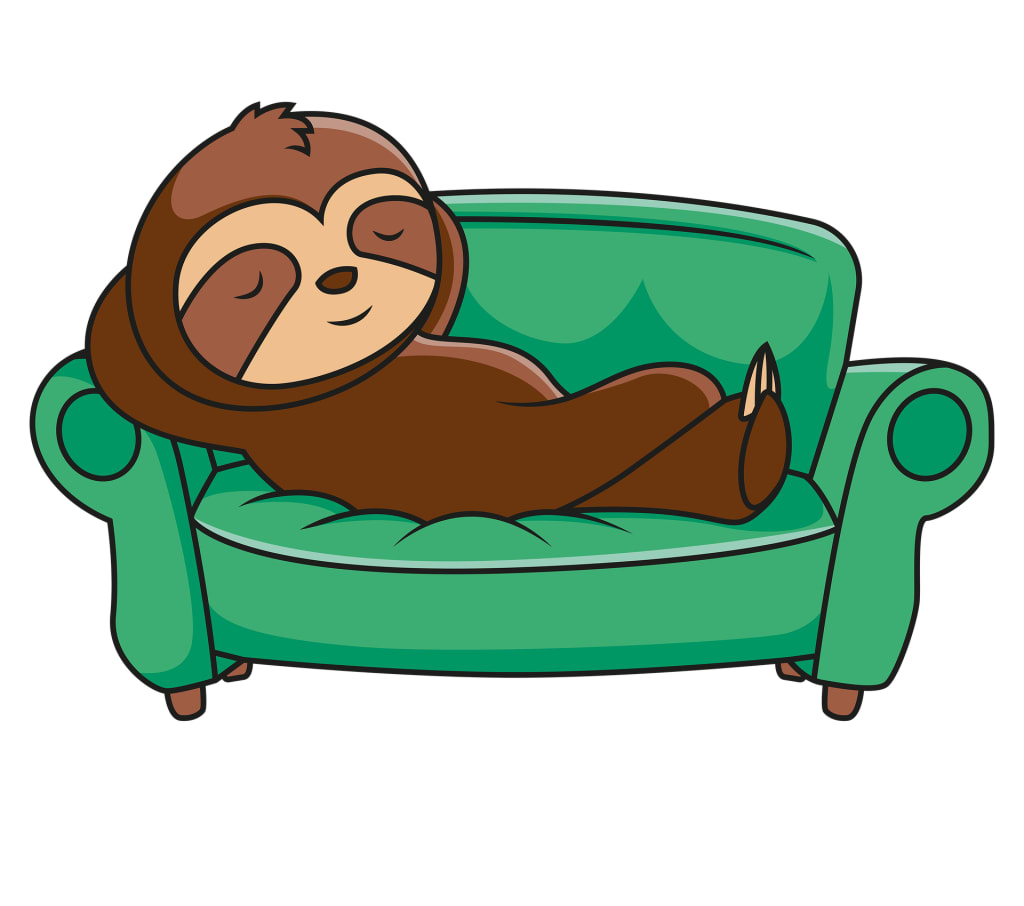How many hours should you nap for?
Are naps really important?

Your eyes gradually close as they become heavy. But hold on! Even though it's only lunchtime, you already have a ton to do. Would a nap be beneficial? Would it ruin your day, or what? Our sleep, both at night and during naps, is divided into four stages that last roughly 90 minutes each. A nap may consist of an entire sleep cycle or only a few stages and can last anywhere from five minutes to three hours. Stage 1 of sleep, the first two to five minutes, begins as you drift off to sleep.
After that, Stage 2 continues for about 30 minutes. Stage 2 involves a decrease in body temperature, relaxation of the muscles, and regularization of breathing and heart rate. Your neurons begin to fire simultaneously, generating waves of activity that travel across the cortex and are interspersed with sleep spindles, which are quick bursts of neural activity. The rolling waves get bigger as you transition into Stage 3, or slow wave sleep, as your neurons start firing in unison. This stage of sleep lasts for 20 to 30 minutes and is when you experience the deepest sleep. REM sleep follows, lasting 10 to 20 minutes during a nap. The brain is more active during REM, more like it is when you are awake. The cessation of REM signifies the end of a sleep cycle.
Will taking a nap help you feel better, then? That depends on a few different factors, especially what stages of sleep are included in the nap. Spend 30 minutes napping, primarily in Stage 2 sleep. Long-term potentiation, a process that is believed to strengthen the synapses between neurons and is associated with stage 2 sleep, is crucial for learning. The deep sleep of Stage 3 is avoided during a 20–30-minute nap, making it relatively simple to wake up from. In contrast, a 30- to 60-minute nap gives you the advantages of Stage 2 sleep and also transitions you into Stage 3 sleep, which is deeper.
In Stage 3, a number of brain regions collaborate to move data from short-term memory storage to long-term memory storage, stabilizing and enhancing long-term memory by fusing slow waves with sleep spindles. The third stage is the most challenging to exit.
Therefore, while a 30- to 60-minute nap can be beneficial for cognition, those benefits frequently do not manifest until 15 minutes after waking up. The REM stage is reached during 60–90-minute naps. The prefrontal cortex, which is primarily in charge of inhibition and cognitive control, is significantly less active during REM. In the meantime, the amygdala and cingulate cortex, areas linked to motivation and emotion, are very active.
According to theories put forth by researchers, the interaction of these factors causes bizarre dreams to occur during REM sleep: the decline in inhibition and cognitive control may result in irrational associations, and thanks to the activity of the amygdala and cingulate cortex, those associations may be between emotionally charged subjects. According to some researchers, this stage may aid in our ability to connect ideas in novel ways when we awaken. Even though Stage 3 is a longer nap, it may be simpler to wake up from because the brain activity during REM is more similar to that of waking. Our need for deep Stage 3 sleep gradually increases throughout the day, so the time of day also matters. As a result, if you nap later, you might deprive yourself of the pressure to sleep at night. This does not take place during REM sleep. Morning naps are dominated by REM because REM periods are longer in the morning; midday naps are split roughly evenly between REM and deep sleep; and evening naps are heavier on deep sleep. In addition to all of this, it appears that nappers and non-nappers are split fairly evenly among us. While non-nappers might not experience these benefits, nappers consistently demonstrate them.
Researchers hypothesize that this may be because nappers are better able to maintain lighter sleep and transition between stages of sleep. While napping, non-nappers might sleep deeper, which would leave them feeling sleepy afterward. Will taking a nap help? I suppose there's only one way to find out.
About the Creator
Enjoyed the story? Support the Creator.
Subscribe for free to receive all their stories in your feed. You could also pledge your support or give them a one-off tip, letting them know you appreciate their work.






Comments
There are no comments for this story
Be the first to respond and start the conversation.